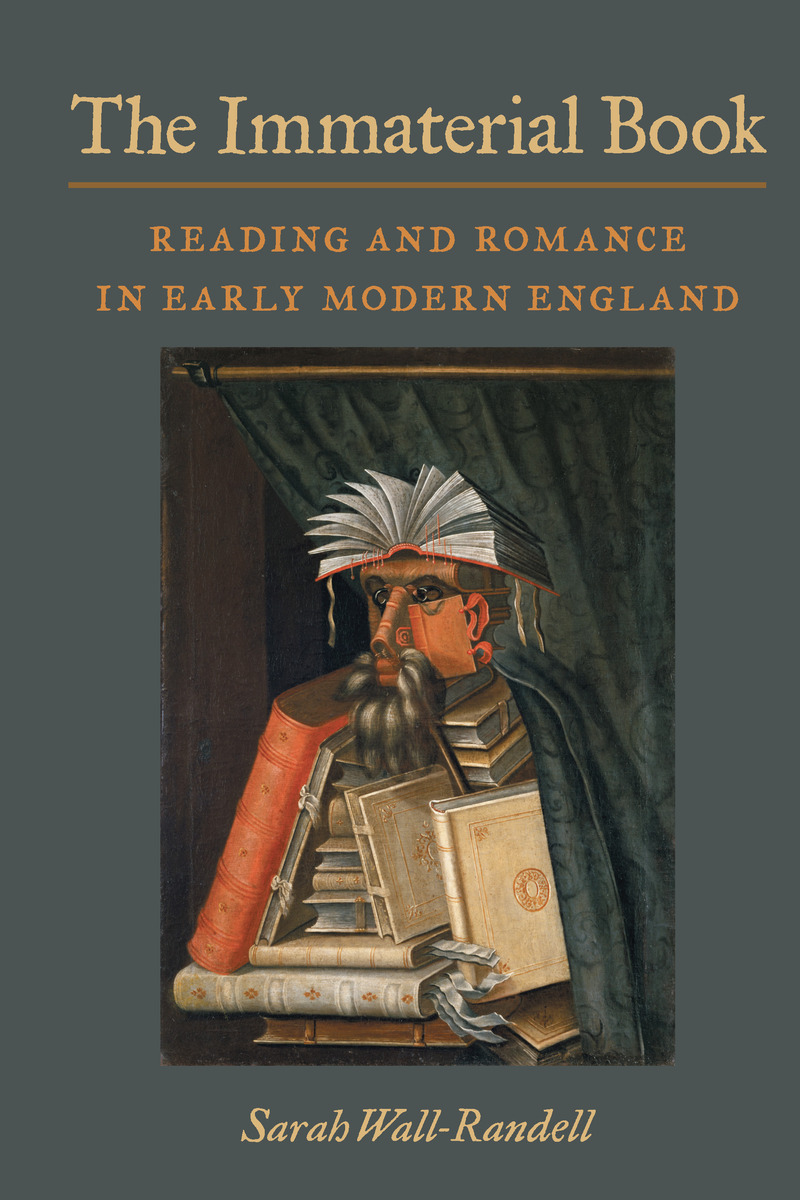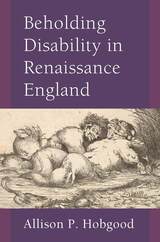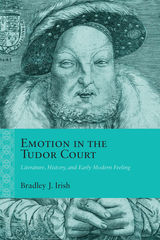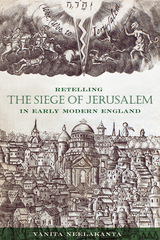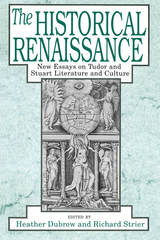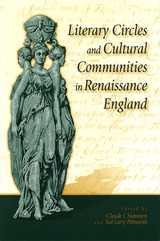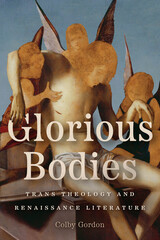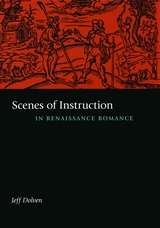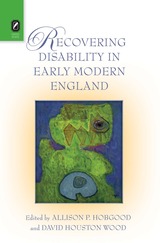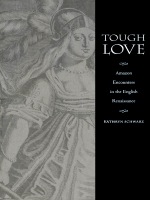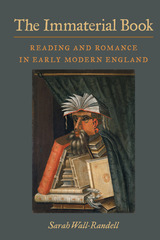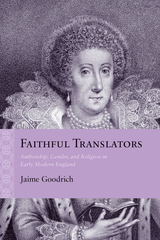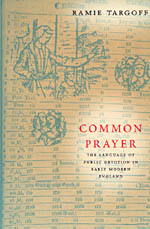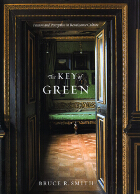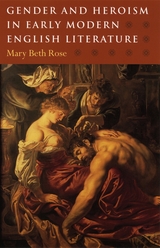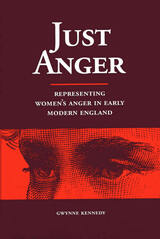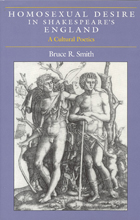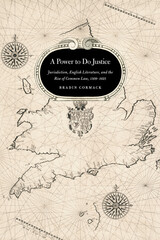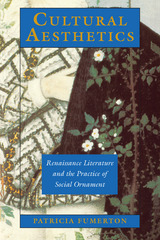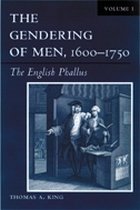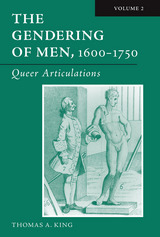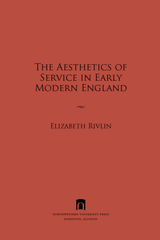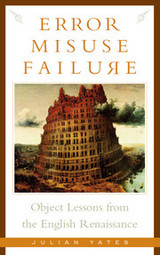Cloth: 978-0-472-11877-9 | eISBN: 978-0-472-02914-3
Library of Congress Classification PR428.B66W35 2013
Dewey Decimal Classification 809.9339
In romances—Renaissance England’s version of the fantasy novel—characters often discover books that turn out to be magical or prophetic, and to offer insights into their readers’ selves. The Immaterial Book examines scenes of reading in important romance texts across genres: Spenser’s Faerie Queene, Shakespeare’s Cymbeline and The Tempest, Wroth’s Urania, and Cervantes’ Don Quixote. It offers a response to “material book studies” by calling for a new focus on imaginary or “immaterial” books and argues that early modern romance authors, rather than replicating contemporary reading practices within their texts, are reviving ancient and medieval ideas of the book as a conceptual framework, which they use to investigate urgent, new ideas about the self and the self-conscious mind.
See other books on: Early Modern England | Early modern, 1500-1700 | Reading | Romance | Romances, English
See other titles from University of Michigan Press
